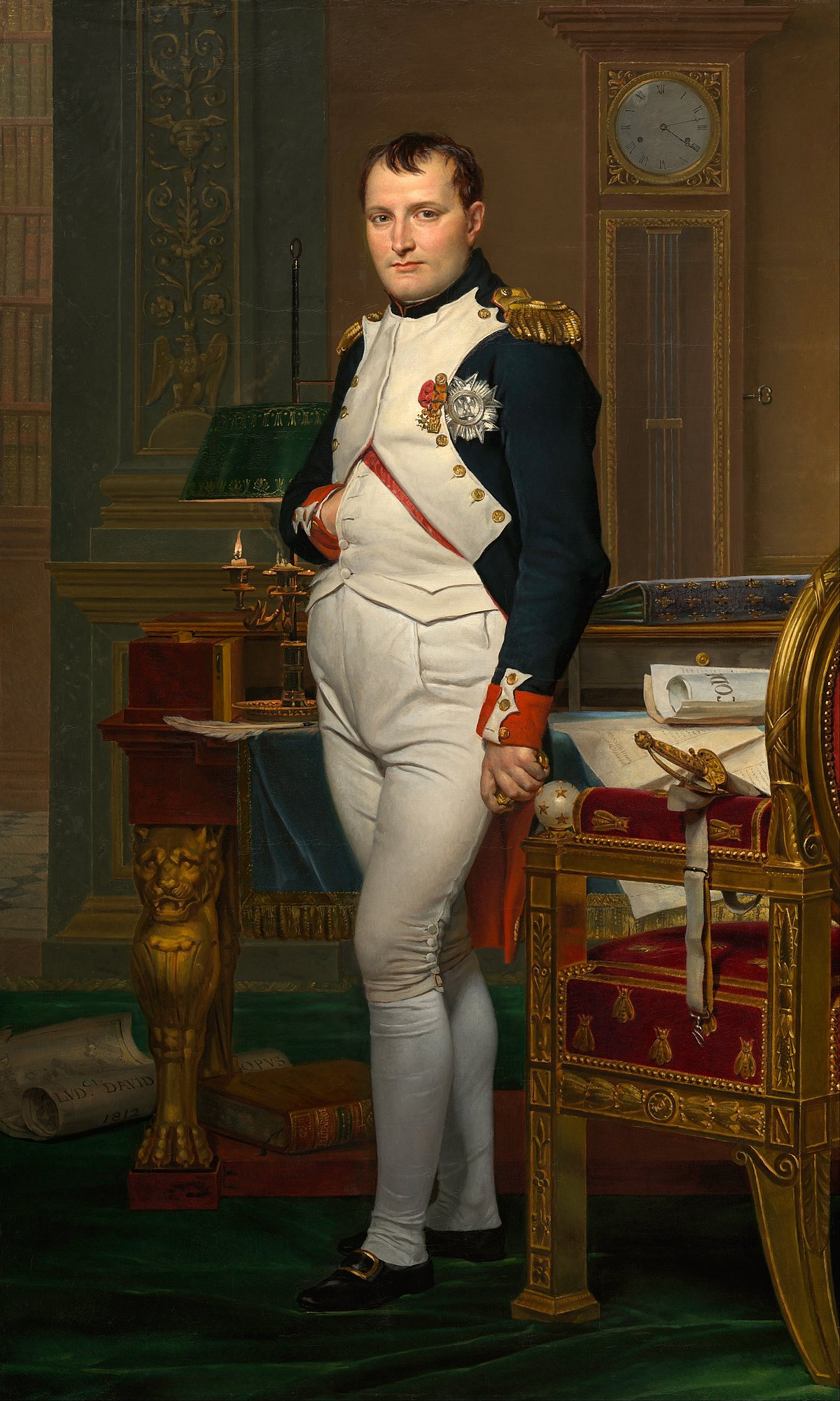Analyze the administrative and legal transformation of France under Napoleon during 1799-1815.

Administrative and Legal Transformation of France under Napoleon (1799-1815)
Napoleon Bonaparte's rule from 1799 to 1815 marked a significant period of administrative and legal transformation in France. Through a series of reforms and initiatives, Napoleon sought to consolidate his power, centralize administration, and modernize the legal system. This era witnessed sweeping changes that reshaped the administrative landscape and laid the foundation for the modern French state.
Context: Rise to Power and Consolidation
Napoleon came to power through a coup d'état in 1799, ending the instability of the French Revolution. As First Consul and later Emperor, he initiated ambitious reforms aimed at strengthening the state and restoring stability. Centralization of power was a central theme of his rule, with a focus on streamlining administration and promoting efficiency.

Administrative Reforms
- Centralization of Administration: Napoleon reorganized France into a centralized administrative structure, dividing the country into departments, arrondissements, and communes. This system facilitated efficient governance by delegating authority from the central government to regional and local administrators.
- Prefectural System: Napoleon appointed prefects to oversee each department, serving as representatives of the central government. Prefects were responsible for implementing policies, collecting taxes, maintaining order, and overseeing public services. This system enhanced administrative control and standardized governance practices across France.
- Civil Service Reform: Napoleon introduced merit-based recruitment and promotion in the civil service, aiming to professionalize administration and reduce corruption. He established the Imperial University to train civil servants, ensuring they possessed the necessary skills and expertise to fulfill their roles effectively.
Legal Reforms
- Napoleonic Code: One of Napoleon's most enduring legacies is the Napoleonic Code, a comprehensive legal system that codified French laws. Enacted in 1804, the Code Civil (Civil Code) standardized legal procedures, abolished feudal privileges, and promoted equality before the law. It influenced legal systems worldwide and remains a cornerstone of modern French law.
- Codification of Laws: In addition to the Civil Code, Napoleon codified criminal and procedural laws, creating a unified legal framework. These codes simplified legal proceedings, clarified rights and obligations, and enhanced legal certainty. The Code of Criminal Instruction (1808) and the Commercial Code (1807) were among the key legal reforms introduced during this period.
- Expansion of Legal Rights: Napoleon expanded legal rights and protections for citizens, including the right to property, freedom of contract, and access to justice. The Napoleonic legal system emphasized individual rights and provided a foundation for the development of modern legal principles.
Conclusion
Napoleon's rule from 1799 to 1815 brought about significant administrative and legal transformations in France. Through centralization, professionalization, and codification, Napoleon sought to strengthen the state, promote efficiency, and ensure legal uniformity. His reforms, particularly the Napoleonic Code, left a lasting legacy that continues to influence French governance and jurisprudence.
FAQs about Administrative and Legal Transformation under Napoleon
Q: What motivated Napoleon's administrative reforms?
A: Napoleon aimed to consolidate his power, promote efficiency, and restore stability after the upheaval of the French Revolution. Centralization of administration was essential for implementing his policies and asserting control over the vast territories of France.
Q: How did the Napoleonic Code impact French society?
A: The Napoleonic Code revolutionized French law by promoting equality, legal certainty, and individual rights. It abolished feudal privileges, standardized legal procedures, and laid the groundwork for modern legal principles. The Code remains influential in shaping French jurisprudence.
Q: Were there any criticisms of Napoleon's legal reforms?
A: Critics argue that Napoleon's legal reforms prioritized state control over individual liberties, limiting freedom of expression and political dissent. Additionally, some groups, such as women and minorities, faced discrimination under the Napoleonic legal system.
Q: What was the legacy of Napoleon's administrative and legal reforms?
A: Napoleon's reforms laid the foundation for the modern French state and legal system. His centralized administration and codified laws promoted efficiency, stability, and legal uniformity. The Napoleonic legacy continues to shape French governance and jurisprudence to this day.

